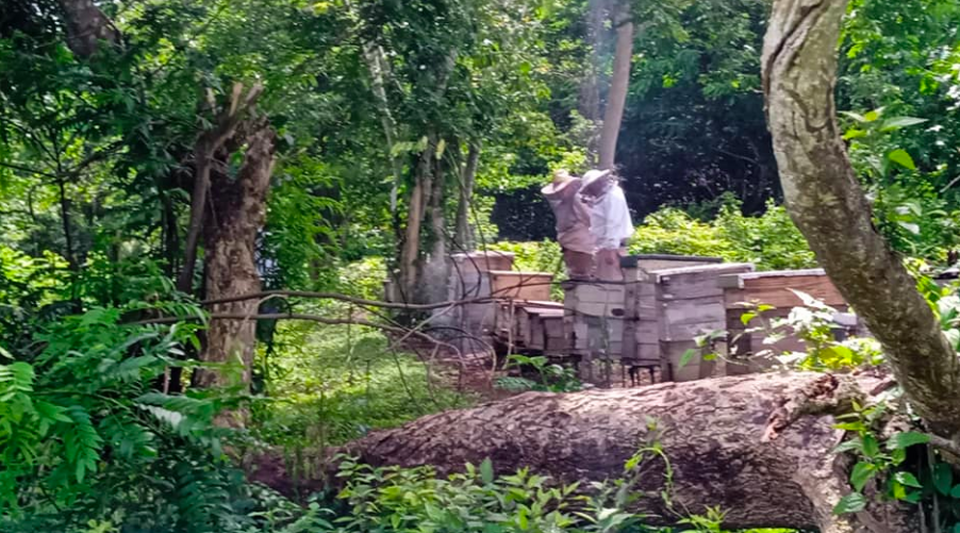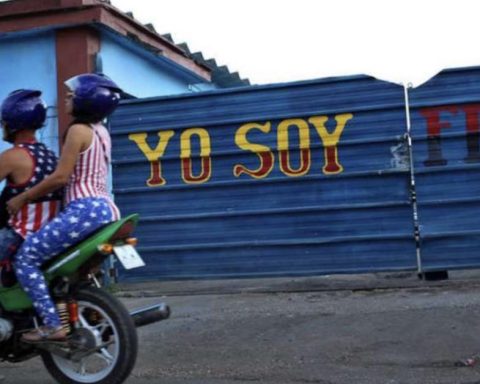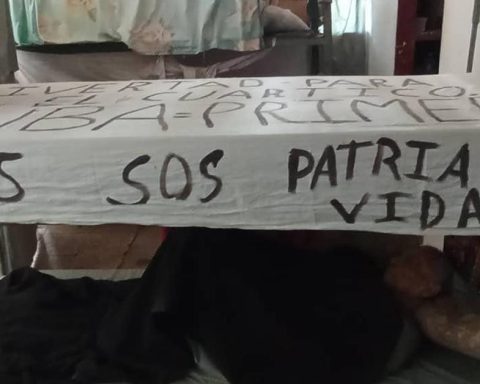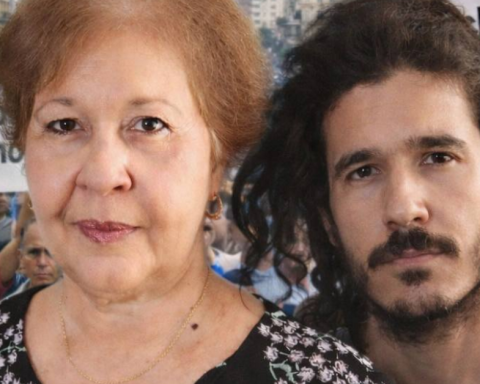Although the beekeepers of Las Tunas have acknowledged that they do not have the necessary conditions, they have promised the Government the delivery of 750 tons of honey per year until 2030. The province not only lacks a tradition in this area, but also faces the same lack of inputs and materials than the rest of the Island to achieve a stable and efficient production.
The official press, however, looks for the causes of the inefficiency of the Las Tunas Beekeeping company in the “subjective difficulties” of the peasants: inertia and “lack of initiatives.” Only in passing does he admit that the apathy of beekeepers may have its origin in the already habitual delay in government payments, in addition to the “lack of attention” to the claims of those who deal directly with production.
Despite the promise of 750 tons, it is unlikely that the number will be completed even once before 2030. Without putting their hands in the fire for the beekeeping company, the Communist Party newspaper in Las Tunas states, reluctantly, that “the passage of time will mark the path to follow”.
The lack of water is one of the main causes of death of bees, by cutting off the possibility of abundant food
Another factor that threatens production is the “extensive cycles of drought” that characterize the province. The lack of water is one of the main causes of death of bees, by cutting off the possibility of abundant food.
The solution of the producers from Las Tunas has been to “increase the nurseries to obtain seeds and seedlings of the bee flora and sow flowering pinyon, Indian vine and purple and white bells, among other honey plants, in addition to maintaining transhumance, depending on the flowering stage on both coasts”, details newspaper 26.
11,500 beehives and 150 farmers make up the productive base of the province, according to Luis Manuel Peralta Agüero, director of the Beekeeping company. By 2030, they could raise the stake to 17,020 beehives, although Peralta does not have much faith that the goal desired by the Government can be achieved either. In 2021, production was just 336.4 tons out of the 521.6 forecast. Between the drought and material difficulties, including the lack of fuel to transport the honey, he calculates, it is unlikely that the 750 per year required by the new “goal” will be reached.
Honey has become one of the flagship products of Cuban exports in recent years, although it has disappeared from family pantries on the Island. Other regions with more favorable climatic conditions, such as Villa Clara, are billing thousands of dollars in the sale of honey to the European and Latin American markets, where it is valued for its purity and lack of chemical additives.
Disloyalty to the deal, such as selling ‘on the left’ or appropriating too many liters for personal consumption, can cause inspectors to seize hives
The payment of 600 MLC (freely convertible currency) for each ton of exportable honey –for which very strict quality criteria are required– makes the producer prefer to negotiate with the Government and avoid the informal market. Disloyalty to the deal, how to sell to the left or appropriating too many liters for personal consumption, can cause inspectors to confiscate the hives and equipment from the farmer.
The business, however, is not clean. As the “ordinary” sale is made in pesos, the Government demands that the producer pay a “contravalue” for each MLC received in payment for exportable honey. As explained a beekeeper to 14ymedio In December, in order for them to deliver the currency, they have to deduct from the 35,000 pesos of their payment the equivalent of 600 MLC, that is, at a favorable exchange rate of 24 pesos, which means delivering 14,400 pesos.
Even under those terms, the government always delays its payments. Until all the honey contributed by the farmer is sold, full payment for his work is not delivered. The average wait is five or six months, after which the beekeeper must go through a bureaucratic nightmare to demonstrate, to the same entity that hired him, that it was he who sold the honey to the Government.
However, there is no other choice. Whether in the difficult growing conditions in Las Tunas or in prosperous Villa Clara, the government is the only mediator when it comes to doing “real” business. Without state intervention, which controls the export market, the gains would be much less.
________________________
Collaborate with our work:
The team of 14ymedio He is committed to doing serious journalism that reflects the reality of deep Cuba. Thank you for accompanying us on this long road. We invite you to continue supporting us, but this time becoming a member of our newspaper. Together we can continue transforming journalism in Cuba.


















